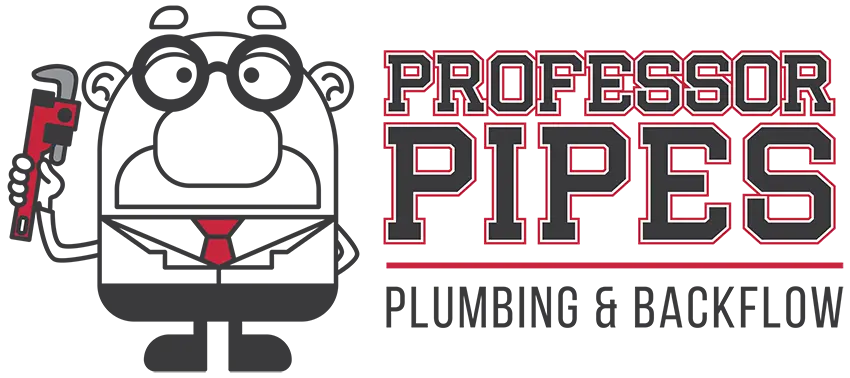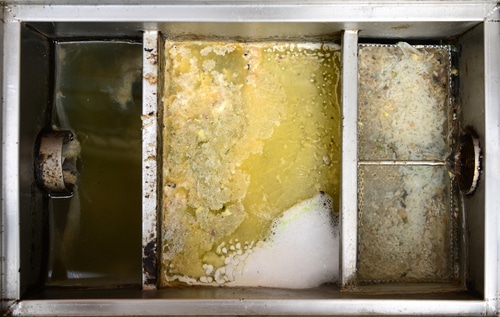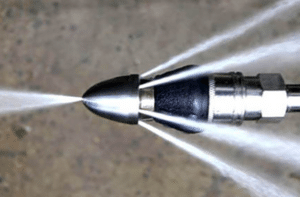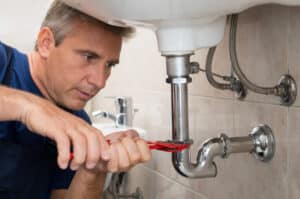A sump pump plays a crucial role in protecting your home from basement flooding and water damage. Different types of sump pumps offer varying features and capabilities, making it essential for homeowners to understand their options when selecting the right unit for their specific circumstances. With this comprehensive guide, we will provide you with in-depth information regarding the importance of sump pumps, the different types available, and factors to consider when choosing the best sump pump for your home.
Sump pumps are designed to pump water out of basements, crawlspaces, and other low-lying areas of your home, ensuring that your property remains dry and free from flood-related issues. A properly functioning sump pump offers several benefits, including the prevention of water damage, mold growth, and structural damage caused by excess moisture.
Types of Sump Pumps
Understanding the different types of sump pumps available is crucial in choosing the one that best suits your home’s needs and budget. Here are the most common sump pump styles:
1. Submersible Sump Pumps
Submersible sump pumps are designed to operate underwater, with the motor and pump located in a waterproof housing at the bottom of the sump pit. These units are powerful, efficient, and typically quieter than other types, as they are submerged in water. Submersible pumps are ideal for larger basements or areas that typically experience higher water volumes. However, they tend to have a higher initial cost and may be more challenging to access for maintenance.
2. Pedestal Sump Pumps
Pedestal sump pumps feature a motor that is mounted on a shaft, keeping the motor above water level and away from the sump pit. This design allows for easier maintenance access to the motor but may produce more noise during operation. Pedestal pumps are generally more affordable and have a longer lifespan than submersible models, making them a suitable choice for smaller basements with lower water volumes.
3. Battery Backup Sump Pumps
Battery backup sump pumps provide an additional layer of protection against basement flooding in case of a power outage or primary pump failure. They can either be standalone units or work in conjunction with your primary sump pump, automatically activating when the main pump fails or is overwhelmed. Battery backup pumps are an excellent investment for homes with frequent power outages or for those looking for added peace of mind.
Factors to Consider When Choosing a Sump Pump
To select the ideal sump pump for your home, consider the following factors:
1. Pump Capacity
Sump pump capacity refers to the amount of water a unit can pump per minute or per hour. Consider the size of your basement, your history of flooding, and the height that water needs to be lifted to be discharged away from your home. Choose a sump pump with a capacity suitable to your specific requirements.
2. Power Source
Most sump pumps run on electricity, but battery backup units ensure continuous operation during power outages. Evaluate your home’s vulnerability to power outages and determine if investing in a battery backup pump is necessary.
3. Level of Groundwater
Assess the groundwater level in your area, as it will directly impact the workload of your sump pump. If the water table is high around your home, your sump pump will need to be more robust and reliable to handle this demand.
4. Material and Build Quality
Opt for a sump pump made from durable materials such as cast iron or stainless steel to ensure the unit can withstand extended periods of operation and resist corrosion.
Professional Sump Pump Installation and Maintenance
Once you’ve selected the appropriate sump pump for your home, it’s crucial to ensure proper installation to maximize its efficiency and longevity. Hiring a professional plumber for installation guarantees that your sump pump is correctly sized and positioned and that all necessary building codes and requirements are met.
Additionally, regular sump pump maintenance is integral in ensuring that your unit remains in peak working condition. Scheduling professional maintenance will help you detect and address any issues before they escalate into costly repairs and reduce the risk of basement flooding.
The Importance of Sump Pump Alarms
In addition to selecting a sump pump that meets your specific needs, it’s essential to consider investing in a sump pump alarm. A sump pump alarm is a device that alerts homeowners when the sump pump fails to function correctly, preventing costly basement flooding and water damage.
A sump pump alarm is typically installed in the sump pit and monitors the water level. If the water level rises above a specific point, the alarm will sound to alert the homeowner that the sump pump is not working correctly. Some sump pump alarms also come with additional features, such as text or email notifications.
Conclusion
By understanding the importance of sump pumps and the various types available, you can make an informed decision in selecting the best unit for your home. Proper installation and ongoing maintenance are crucial in maximizing the efficiency and lifespan of your sump pump, safeguarding your home from basement flooding and water damage.
Contact Professor Pipes Plumbing & Backflow today to schedule a consultation with our experienced technicians for expert assistance in selecting, installing, and maintaining the ideal sump pump for your home in Bedford, TX, and surrounding areas. Don’t let water damage ruin your home – trust our team to provide reliable and efficient sump pump solutions backed by our backflow plumbing services.



















